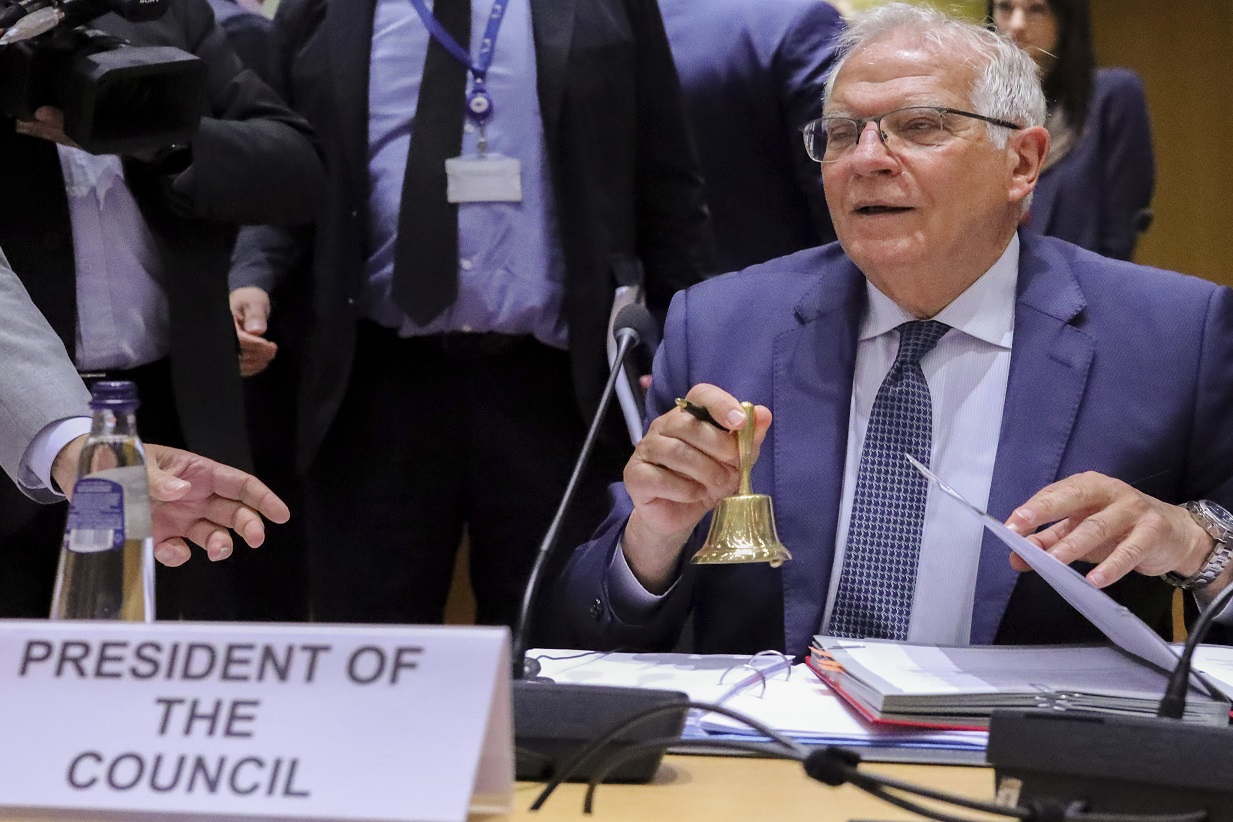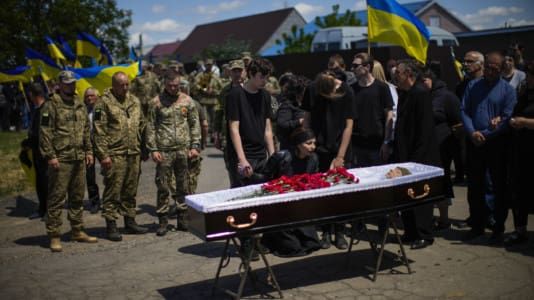EU countries have been unable to reach an agreement over new sanctions against Russia due to the disputes over the Russian oil embargo, the EU’s Foreign Minister Josep Borrell told reporters following Monday’s meeting of his member states’ counterparts.
The European Commission proposed new sanctions against Russia 12 days ago and has since come up with several adjustments to address the demands of opposing countries. Hungary and Slovakia received an exemption from the embargo which would apply from the end of this year until the end of 2024. Czechia received a similar exemption which would last until the middle of 2024. According to diplomats, Bratislava and Prague are satisfied with the concessions, while Budapest remains insistent on imposing additional conditions.
Hungarian Foreign Minister Péter Szijjártó said that his country would need European investments of €15-18 billion euros to modernize its energy structure. According to Szijjártó, the second option is to exempt oil transported by pipelines from the embargo, which would apply only to the raw material transported by tankers. Otherwise, given the expected economic impact of the measures, Budapest is not ready to support the action.
“The Hungarians did not cause this war … so no one can ask them to pay for it,” Szijjártó said after the meeting, adding that the negotiations would continue.
After the ministerial meeting, Borrell did not want to speculate how long persuading Hungary could take. The ministers agreed that the EU executive should find a solution. However, according to diplomats, some states are reluctant to provide Hungary with so much money from the common budget. These countries would rather negotiate an oil embargo separately from other parts of the sanctions package.
Czech Foreign Minister Jan Lipavský said that he would like to keep the package together. In his view, the sanctions are necessary, and Czechia will support them with the oil embargo. Lipavský added that the ministers also began to discuss the preparation of another package which should be on the table immediately after the approval of the current one.
The EU states agreed on another €500 million for Ukrainian weapons
According to Borrell, however, the representatives of the 27 governments did unanimously support the provision of another €500 million for the purchasing of heavy weaponry for Ukraine.
The co-financing of weapons for Ukraine will reach €2 billion in total. The ministers also discussed how best to ensure the transport of millions of tons of Ukrainian grain as the Russians blockade the Black Sea ports.





